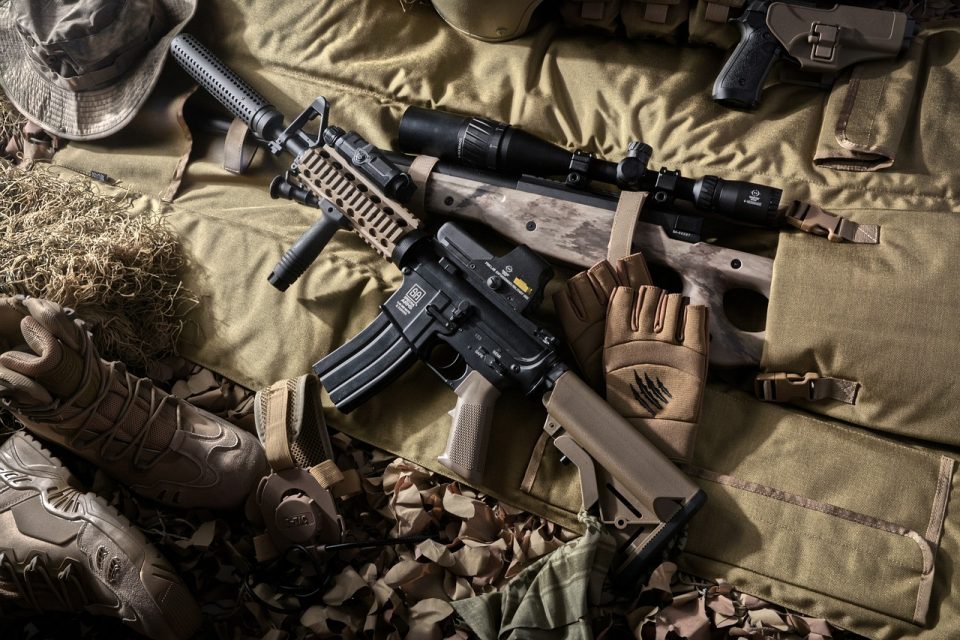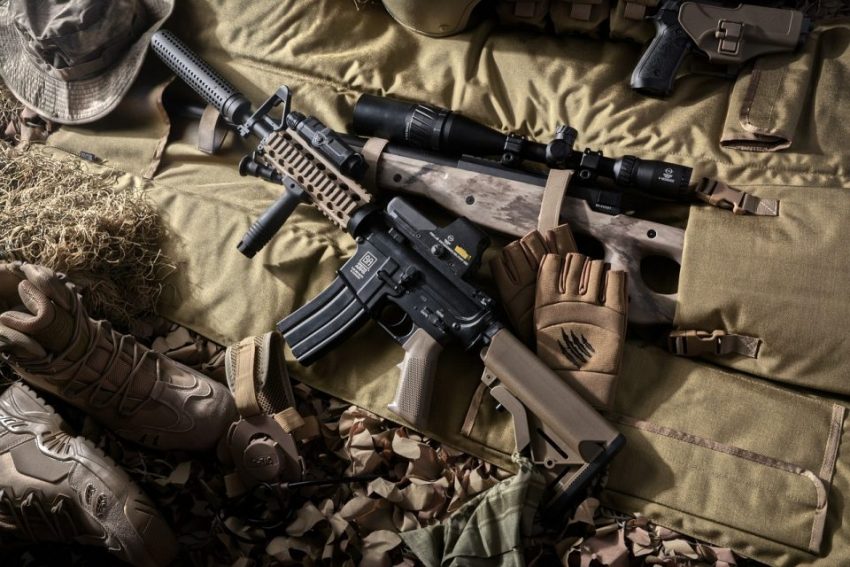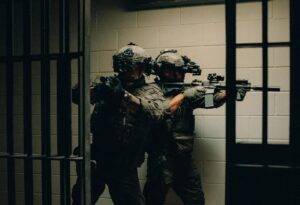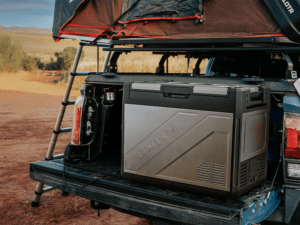

There are a few key areas to consider whether you’re planning your first project or just getting started with planning and budgeting.
Shooters bring a variety of tastes, preconceptions, and established assumptions to any discussions about rifles and related items, and nowhere is this more evident than in the world of precise bolt-actions. Each detail is scrutinized and debates rage about the finest action types, chambers, and cartridges.
Skilled gun manufacturers, whose techniques for reaching the highest level of accuracy are often shrouded in secret, have traditionally been the domain of such guns. While many users continue to seek expert advice and experience, a growing number of them are opting to construct their own guns.
Steps for Building the Perfect Custom Rifle By Yourself
1. The Purpose of the Rifle
Perhaps the most important factor to consider when building a customized rifle is what the weapon will be used for after it is completed. There is no such thing as just a one-of-a-kind rifle that excels in, supports shooters equally effectively, does have a long barrel lifespan, minimal recoil, and is extremely lightweight. To meet the shooter’s ultimate aims, the rifle’s specified use will entail a compromise of such features.
Most bench rest rifles and F-class competitors own several unique rifles, each designed for a particular purpose. Consider the “typical” 600 yards bench rest rifle to show the necessary tradeoffs.
To compete for the light category, it must weigh between 16 and 17 pounds overall, have just a 30-inch barrel, has developed a specialized grip to ride the bags, and be centered on a custom mechanism with exceptionally fine specifications; no specks of dirt are allowed.
2. The Parts You Desire to Install on Your Rifle
The planned usage of the weapon will strongly impact the ammunition selection. For example, if a rifle is meant for big game hunting (deer or bison), tiny caliber ammunition must be avoided. If a weapon is meant for hunting vermin or target shooting, a different cartridge frequency will be much more acceptable.
When it comes to choosing a cartridge, study and knowledge are quite important. It’s a good idea to discuss with people who have real-world expertise; a gunsmith is a fantastic resource as well as to conduct web research.
Choose 300 Blackout lower receivers if you’re searching for the framework or recipient of a rifle, which is the section of the weapon that unites all of the pieces by holding the internal moving parts. They are the best in the market and very efficient for custom rifles.
There are various websites with a plethora of information. Please remember that just about any data collected from the internet must be double-checked before even being considered as reliable. Some thought should be given to the bullets that could be used in the newly designed rifle.
Some companies offer many bullet varieties for each caliber. Some firearms equipped to fire a 115-grain plain bullet and built to fire a 230-grain hybrid are vastly different. Understanding which cartridges to get and what bullets to have are two of the most crucial considerations to make when creating custom rifles.
3. Choose Your Prefered Action
You may choose from a variety of excellent actions for the newly designed rifle. The length of time it will take to complete the task, the expense, and the true intent will all factor into your decision. The gunsmith can deal with almost any action, but they might have their preferences.
4. Select Your Prefered Barrel
Almost any customized barrel you want for the rifle can typically be obtained from a gunsmith. Consult your gunsmith to find out the one they prefer and also have the greatest experience with. Consider chamberings for your desired ammunition as well as any other options that might also enhance the rifle’s overall effectiveness.
5. Select a Stock for Your Rifle
Now that you’ve chosen the rifle’s core parts, it’s time to choose a stock. Based on the intended usage of a rifle, you should select a stock designed for the rifle’s general condition as well as functioning with the rifle’s parts. The gunsmith should be able to recommend a variety of manufacturers and aid you in assessing if the stocks you choose are compatible with the rest of the rifle’s components.
6. Now It’s Time for You to Wait for the Results
After you’ve made all of your choices, sit back and relax while the gunsmith does their magic. Ideally, after the process, you’ll have a completely fresh custom rifle with a high-quality action, custom barrel, and purpose-built stock to fulfill your objectives.
Things to Contemplate while Making Your Custom Rifle
- Settle mostly on bullet size that will be used; it will affect a lot of the parts in your construction. If you’re targeting big animals, a lower-caliber cartridge isn’t the way to go.
- Choose a course of action. Some designers concentrate on precise bolt action rifles, but some builders can work with whatever action you want based on your objectives.
- Decide on the barrel. The barrel is among the most important parts of the pistol since it determines how accurate your firing is. If you intend to use your handmade rifle for a great many years, you should spend it in a high-quality barrel.
- Select a stock that is compatible with the rest of the rifle’s components.
- Plan and budget – Riffle construction takes time, so plan and budget accordingly.
Build Your Own Rifle
Now that you know how to assemble your own custom rifle, which parts to use and can be better for the rifle, you can easily make one yourself. As long as you have the appropriate parts, you will be able to make an efficient rifle. However, while making the rifle, keep track of the amount you will be spending on it. There is no need to go overboard.







